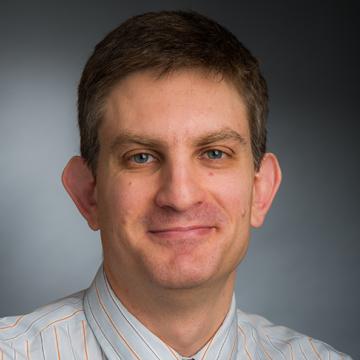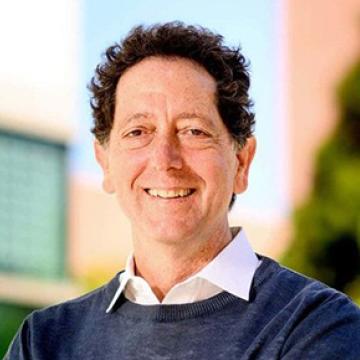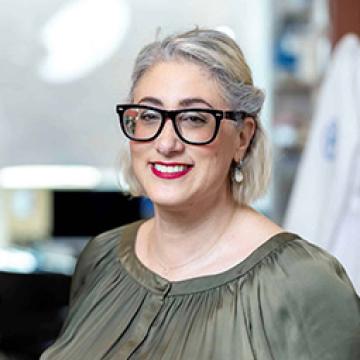Brian Wolpin, M.D., M.P.H.
Dr. Brian Wolpin is the Robert T. & Judith B. Hale Chair in Pancreatic Cancer at Dana-Farber Cancer Institute and Professor of Medicine at Harvard Medical School. He obtained his M.D. from Harvard Medical School and completed a residency in internal medicine at Brigham and Women’s Hospital. He completed fellowship training in medical oncology at Dana-Farber Cancer Institute and returned to Brigham and Women’s hospital to serve as chief medical resident. Subsequently, he received a M.P.H. from Harvard School of Public Health. His wet and dry lab research program is dedicated to understanding the factors that promote initiation and progression of pancreatic ductal adenocarcinoma, with a focus on defining early detection strategies and personalized treatment approaches. At Dana-Farber, Dr. Wolpin serves as Chief of the Division of Gastrointestinal Oncology, Director of the Gastrointestinal Cancer Center, and Director of the Hale Family Center for Pancreatic Cancer Research. His research team has been funded by the National Cancer Institute, Howard Hughes Medical Institute, Lustgarten Foundation, ASCO Conquer Cancer Foundation, Pancreatic Cancer Action Network, Stand Up to Cancer, and U.S. Department of Defense. Dr. Wolpin’s clinical practice involves the care of patients with gastrointestinal cancers, with a particular focus on pancreatic cancer.










